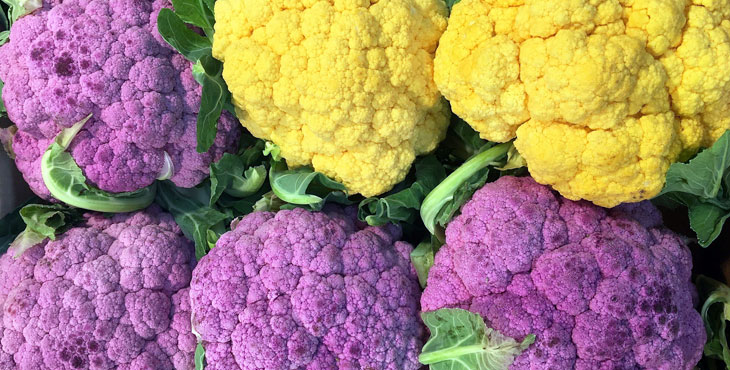When we think of gardening, images of grandparents tending to a small patch of dirt might come to mind. In today’s fast-paced world, gardening has largely gone to the wayside, replaced by supermarket produce aisles and take-out food. Some Veterans in Boston are learning the benefits of gardening through their Veterans Greenhouse and Gardens Program, which incorporates gardening into their medical treatment.
Research has shown that getting back to nature can have many benefits. It has also found that gardeners had lower levels of inflammation than non-gardeners, a major contributor to many chronic diseases. Another study looking at individuals with (PTSD) found lower levels of stress hormones after participating in a gardening therapy program. People who grow their own food also tend to eat more fruits and vegetables, adding a nutritious boost to their diet.
Veterans in Boston are finding that horticultural therapy can help improve their health, alongside their medical treatments. Through light activity, time in nature, and access to fresh fruits and vegetables, Veterans can benefit from gardening in many ways. If you are interested in gardening, check if your VA has a Veterans Greenhouse and Gardens Program, or start a garden of your own! Gardening is simpler than you may think, and you may be able to use your SNAP benefits (if you receive these) to purchase seeds and plants. For more resources on gardening, visit the USDA National Agricultural Library or SNAP-ED CONNECTION website.
Megan Stoutz, MS, RD, is the Medicine/Surgical registered dietitian at the James J. Peters VA Medical Center in New York. She is a co-founder of the hospital’s farm share program, which connects patients and staff to fresh, local produce. In her spare time, Megan loves to run and experiment in the kitchen.
Topics in this story
More Stories
Watch the Under Secretary for Health and a panel of experts discuss VA Health Connect tele-emergency care.
The 2024 National Veteran Suicide Prevention Annual Report provides the foundation for VA’s suicide prevention programs and initiatives.
Theranostics is a specialized field of nuclear medicine that uses a two-pronged approach to diagnose and treat cancer.








thanks for this, its very helpful